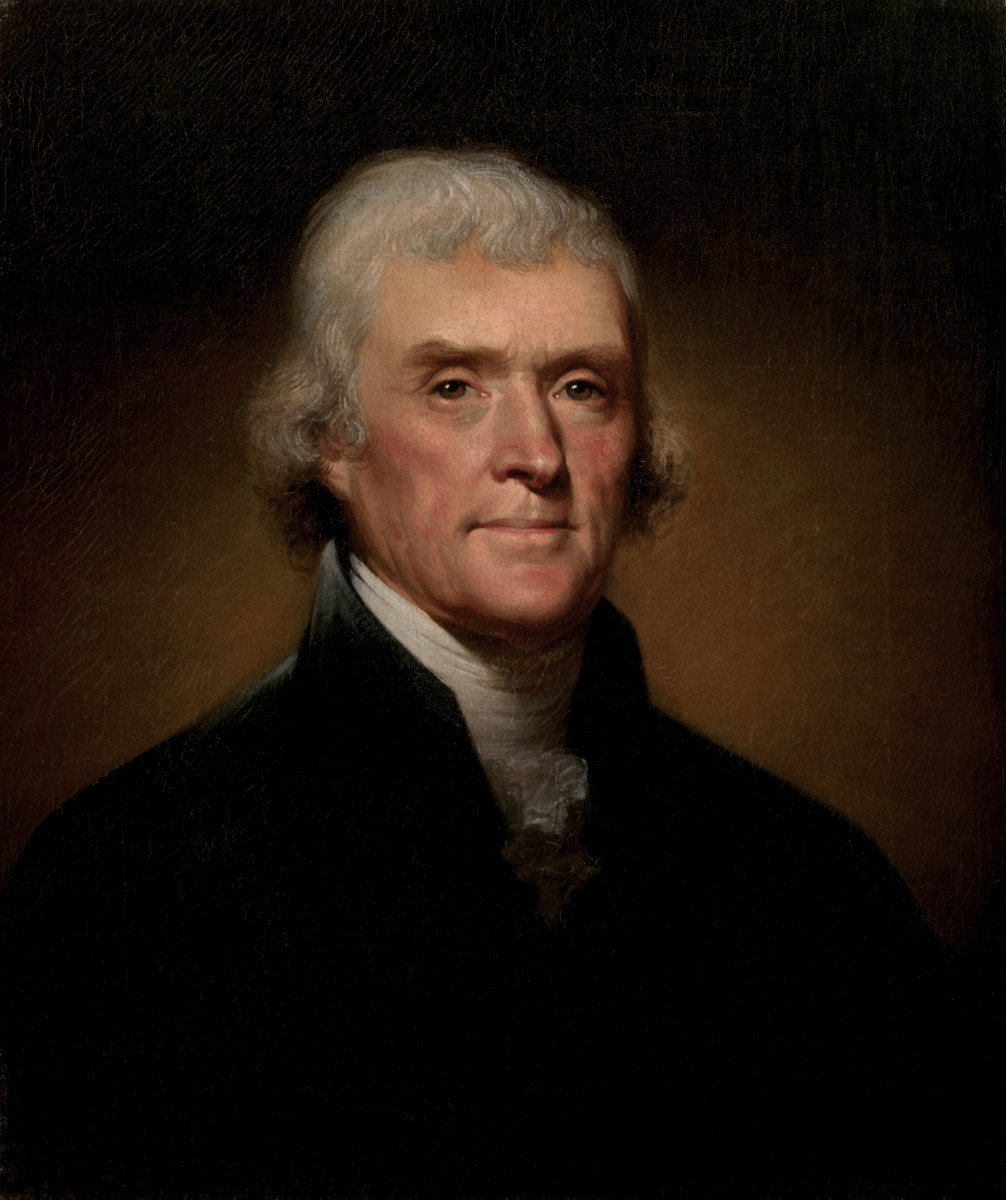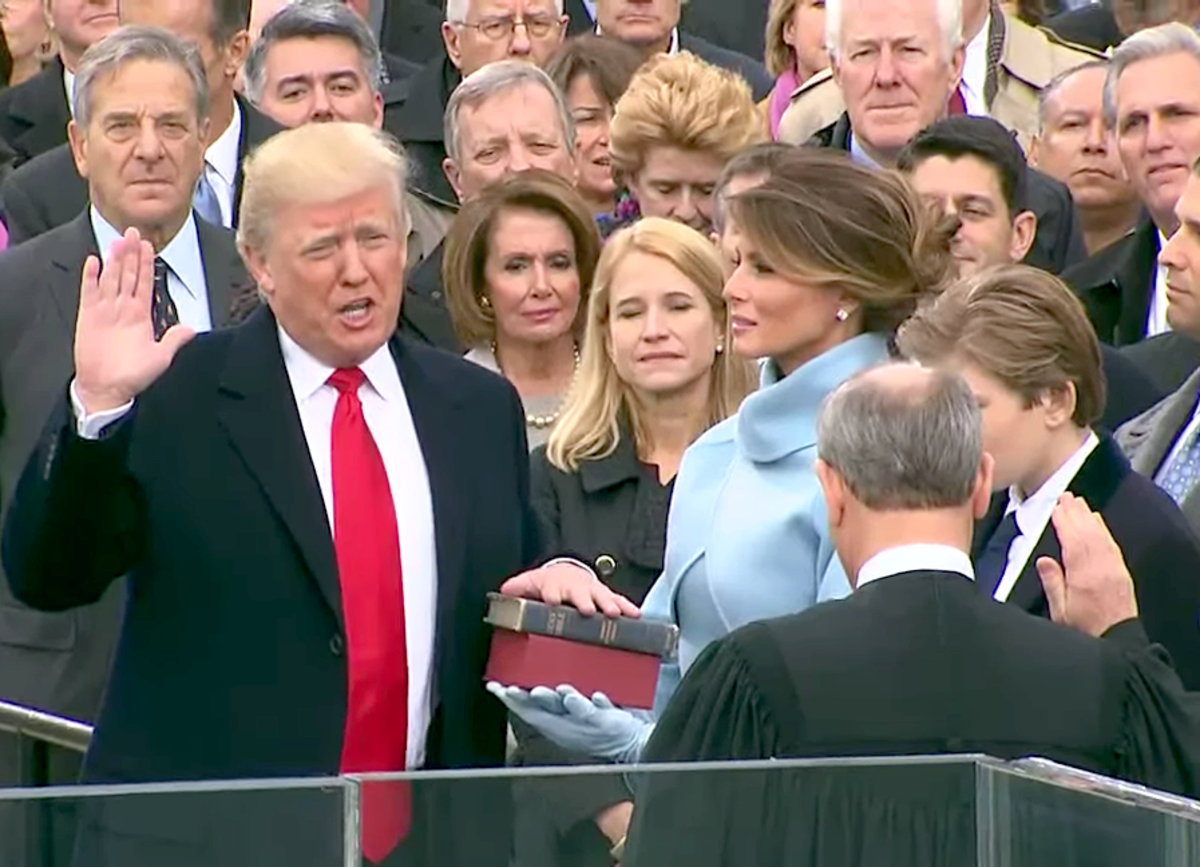How can the US improve its foreign policy towards Latin America?
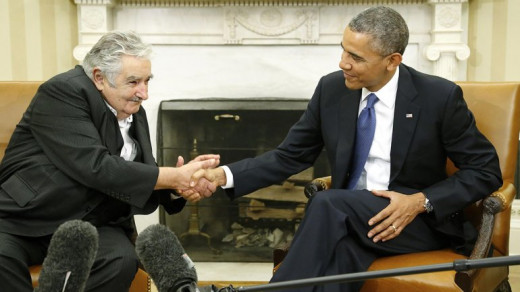
Recent diplomatic setbacks between Latin America and the United States have hampered the credibility and competence of the United States' foreign policy towards its southern neighbors. From revelations of the alleged spying over Brazil's state-owned oil company, Petrobras, to the sudden and misguided halt of the plane carrying Bolivia's President Evo Morales in 2013 over allegations that former National Security Agency analyst Edward Snowden was hiding inside the plane, the United States has taken unfortunate steps towards the region's changing political dynamics. Added to this are decades of direct and indirect intervention throughout the western hemisphere in order to pursue strategic geopolitical interests that are more often than not, counterintuitive in the long run, and subject to the gain of non-state actors that don't necessarily represent overall US interests. Most analysts believe that this is predominantly due to the US' lack of focus in the region in order to pursue more urgent national security interests in the Middle East and Asia in recent years, all the while ignoring that it stems more directly from a failure and inability to redefine US interests in a more efficient manner that better understands the region's problems and changing institutional frameworks. This can be changed and improved by having the US present itself as a state focused on looking for new partners in the region that is able to offer viable economic alternatives that appeal to the dynamics of the region, while using its status as the world's most important global power to invest in a promising region where most states are willing and capable of achieving significant urban, educational, and economic development.
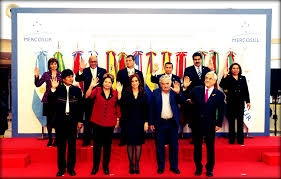
The emergence of regional institutions that exclude the United States such as the Community of Latin American and Caribbean States (CELAC) and the Bolivarian Alliance for the Peoples of Our America (ALBA) are mere symbols that the US must improve and in some aspects, change its policy towards Latin America in the most reformist approach possible, one that can hold a more moral ground than Franklin Roosevelt's 'Good neighbor policy', and one that can exploit the positive changing dynamics in the region to its favor. The most urgent thing President Obama and the State Department's top diplomats can do is organize a summit of Latin American leaders in Washington DC, similar to the one recently held with Africa's leaders in this nation's capital, where the US pledged close to $30 billion in investments that will diversify Africa's energy markets and its share of access to electricity for the continent. The idea of a Marshall Plan for Latin America has been suggested in the past by former Argentine President Nestor Kirchner, but it has not gained ground in DC during a time of budget cuts and deficits. A current educational exchange program between the US and Latin America called '100,000 Strong with the Americas' fosters a commitment of 100,000 exchange students towards international study in the region, is a good first step, yet more must be done. While the US' main investment in Latin America deals more with the deployment of security equipment and personnel aimed at securing governability in violent areas in the region, to this day, the most underlying cause of violence and instability in the region is the lack educational opportunities that hold large numbers of the population in poverty. This deeply impacts our immigration patterns, and consequently, our immigration policy: a recent influx of Central American children has pushed our government to increment security forces in our southern border, as these refugees seek to escape the endemic poverty left behind in their home countries, particularly within Guatemala, Honduras, and El Salvador. A policy initiative in partnership with governments in the region that invests in making sure students attend school and become educated, could mirror the successful model implemented in Brazil's Bolsa Familia program. This welfare program created a network of cash transfers to impoverished families provided that children attend school and become vaccinated. A successful implementation of a similar program throughout Latin America may positively impact the way the '100,000 Strong with the Americas' initiative evolves and expands into a larger scale program that seeks to export the knowledge economy across our borders, and empower populations across the western hemisphere to become more self-reliant and capable of producing higher investments that take matters into their own hands.
A current educational exchange program between the US and Latin America called '100,000 Strong with the Americas' fosters a commitment of 100,000 exchange stude
Prominent among our regional concerns has been the increasing involvement of other major powers like China and Russia in exploiting resources and forming alliances in the region. As the US is set to become the world's largest producer of oil in the coming years, it is the perfect time for the United States to pursue its own (and improved) brand of petro-diplomacy that counters the influence of other nation states. While Venezuela's Petrocaribe program has as of late been inflicted with troubling signs of deterioration due to lack of production in its oil reserves, more and more countries are now starting to worry that the program that benefitted 17 countries in Latin America and the Caribbean will be cut off, and in some cases they have already been hit with higher payment demands from Venezuela. This could create the possibility of a power vacuum in the region, one that the US is best poised to exploit favoring industrial development in countries with most need for assistance. One that seeks mutual cooperation in energy programs and promotes exports and diversified markets.
In late 2014, Venezuela sold Dominican Republic's $4 Billion PetroCaribe Debt to Goldman Sachs for 41% of its total value, a 59% profit for the American bank
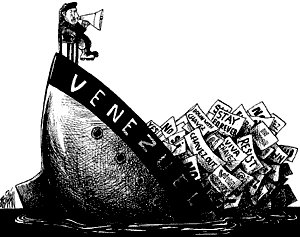
But perhaps the most important policy-change initiative that the US can begin to do is to take a page out of Colombian President Juan Manuel Santos' book when he first won the presidency of his country, when he reestablished relations with formerly hostile nations Ecuador and Venezuela. This change has allowed tensions to drop between neighboring countries and even has led to successful cooperation between countries to combat terrorism. The best exemplified case happened in 2011, when Joaquin Perez Becerra, an accused terrorist and FARC member, was captured and detained in a Venezuelan airport at the request of Santos' government. This act of good will by the Venezuelan government was only possible through a constructivist approach to foreign relations and diplomacy, where trust can be effectively be put to the test between nation states, and cooperate in the logistical support needed to achieve common goals.
"In 2011 Joaquin Perez Becerra, an accused terrorist and FARC member, was captured and detained in a Venezuelan airport at the request of Santos' government."
Of course, this trust can only be achieved if the US is to understand that Latin America's future ultimately is to be taken by its own hands, and that the reformist tendencies in the region are to be respected and even studied. Uruguay's recent drug policy change has had governments in Argentina, Chile, Colombia, and Guatemala consider similar policy prescriptions, and Colombia's negotiations at ending their decades-long civil war with FARC rebels has unanimous support in the region. But no issue unites Latin America more than the insistence that the embargo imposed on Cuba must be lifted by the United States. Not only has the embargo been used as a tool for assigning blame and resentment towards the US, but it has also served as an excuse for wrong economic policies implemented by Cuban officials for decades. A gradual lifting of the embargo, one that promotes democratic openings in exchange for gradual market investments on the Caribbean island will forever change the negative perception of the US seen by significant numbers of people in the region. The US can use its leverage to dictate reasonable democratic openings, such as internationally monitored elections for some levels of government, with the participation of organizations like Transparency International and Amnesty International. A seat at the negotiating table is the only way to empower moderates within different types of regimes, and it will become a clear signal to the region that the US understands and promotes Latin America's tendency towards integration through the use of diplomatic negotiations in times of democratic deficit.
What policy initiative should the US prioritize for Latin America?
The tense history that the United States holds with its southern neighbors should not be used as an eternal scapegoat that isolates the US from the region. Neither imposing inflexible market reforms nor merely promoting free trade will change some reformist tendencies seen in Latin America, and the US must accept that. But the changing tides show that as nations redefine their interests, the quicker are they able to project steps towards democratization and political and economic development. The ideological needle ultimately moves itself towards the center, where stable macroeconomic policies and significant social investments meet each other to solve the pressing issues in Latin America that hold back its great democratic potential. The region's democratic deficit can only be resolved with more democracy, and democracy cannot be imposed let alone when interests are misguided and baseless. This is where mutually understood diplomacy can best benefit the interests of both the United States and its southern neighbors by helping close the gap between the terms of equality that Latin America longs to have with the US.

